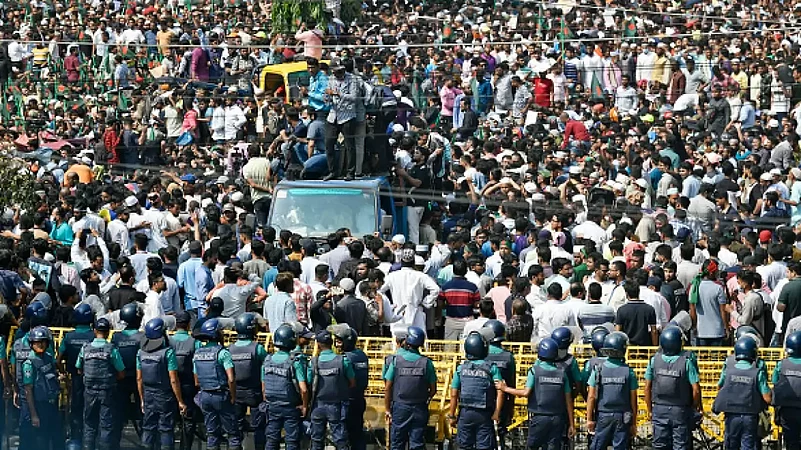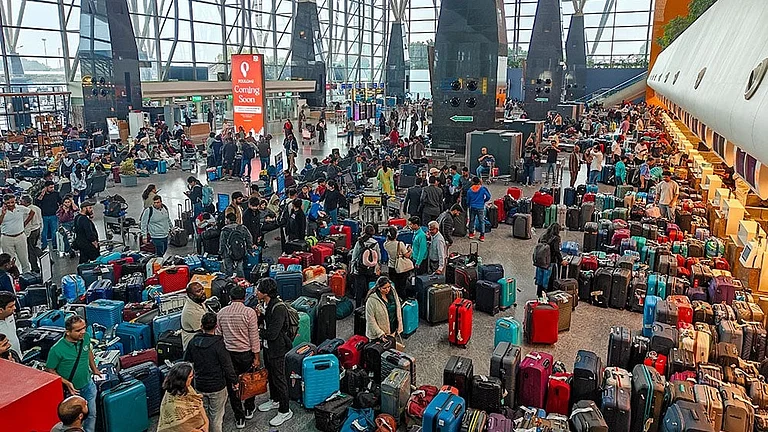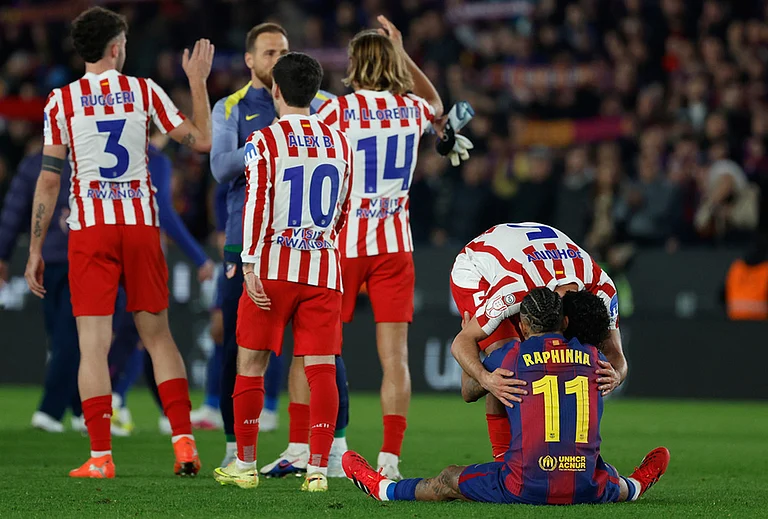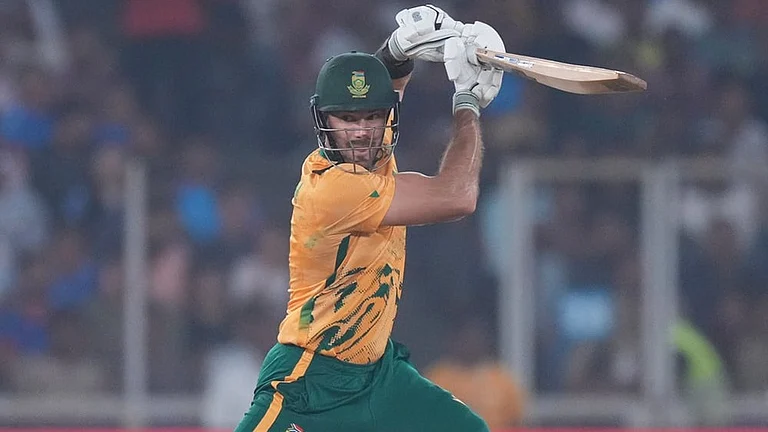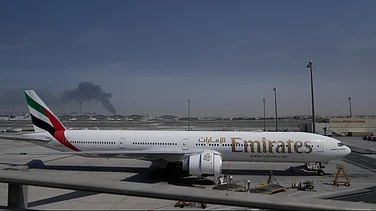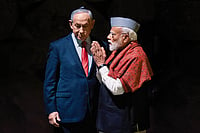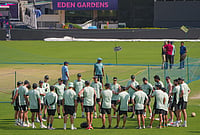As Bangladesh gets into gear for another tumultuous national election in January, there are ominous signs of violence hovering over the country as street fights between the opposing political parties are widely anticipated.
The run-up to elections in Bangladesh is often messy, more so after Sheikh Hasina’s Awami League came to power in the 2008 polls, which many observers believe was the last free and fair election held under an interim or caretaker government. Ordinary citizens who value democracy and their right to vote freely are looking on at the shenanigans of political parties with fear and apprehension of what lies ahead.
“From the looks of it, our two major political parties are preparing for ‘gladiatorial’ street fights as a part of their election preparation. Can this be democracy? There is some logic to mass mobilisation, but having a demonstration each time the opposition has one, and on the same day, how logical is that? Will it lead to a free and fair election or jeopardise it further?” wrote Mahfuz Anam, the well-known editor of the country’s highest circulated English daily, The Rising Star, in his column a month back.
The elections of 2014 and 2018, which the Awami League won with thumping majorities, remain controversial because of allegations of massive rigging, and intimidation of voters by the ruling party. The main opposition Bangladesh Nationalist Party (BNP), led by Khaleda Zia, had refused to take part in the 2014 elections on the grounds that the government had not stepped down 90 days prior to the polls to allow an interim non-partisan administration to take charge so there could be a level playing field for all candidates. There was much criticism of the opposition for taking over the streets despite the BNP’s non-participation. This time around, the BNP has tried to ensure that its supporters don’t turn violent. But for this Saturday, October 28 violence, when one policeman and a BNP party leader were killed, the BNP has tried not to once again sully its image. It will have to keep the cadres in control if it hopes to wield the moral high ground against the ruling Awami League.
Despite tremendous pressure on Shaikh Hasina and her Awami League party by the Opposition as well as the US and several European nations, the government is in no mood to step down and hold elections under a neutral interim administration. India, one of Sheikh Hasina’s closest allies, has said nothing in public and is likely to support her in whatever decision she cares to take. In fact, New Delhi has kept a low profile and would rather not be seen as interfering in Bangladesh’s internal politics. The opposition BNP has also made overtures in the last one year or so; however, it is unlikely that New Delhi will change track. It will firmly be behind Sheikh Hasina and her Awami League.
The US and Western governments have been relentless in their criticism of the Sheikh Hasina government for its authoritarian ways, its tendency to arrest and harass human rights activists, and its record on press freedom. US Secretary of State Antony Blinken announced in May that Washington would restrict visas for Bangladesh nationals believed to have “undermined the democratic election process”, meaning high-ranking security personnel, some politicians, law-enforcing officials and members of the judiciary. In fact, it basically means anyone who can be responsible for hindering the voting process.
The US is exerting pressure to ensure that Hasina appoints a caretaker administration. Washington has long been critical of Hasina and her Awami League. The case against 2006 Nobel Peace Prize winner Mohamad Yunus, the man responsible for microfinancing through the Grameen Bank that changed the lives of thousands of women in Bangladesh, was a sore point. Yunus had many powerful friends in Washington and across the world. Former US presidential candidate Hillary Clinton is one of them. He has been dubbed as the banker to the poor.
Yunus was targeted by the Awami League simply because he had wished to enter politics and launched a political party, the Nagarik Shaki, to contest the 2008 elections. This was in 2007 at a time when an interim government was in power and was backed by the army. Both Hasina and Khaleda were in jail. The army, fed up with the two warring begums of Bangladesh politics, was hoping to use Yunus, much loved by the masses, to take a shot at politics. Hasina and her Awami League have not forgiven Yunus for what they assumed was a power grab, though his stint in politics lasted for just around two or three months. When Hasina won the elections, the government went after Yunus and removed him from the Grameen Bank. He is facing several charges of misappropriation and remains in the crosshairs of the government.
The US, as is well known, had batted for Pakistan during the Bangladesh liberation movement of 1971-72 and had never warmed up to the Awami League government. Now with China’s footprints spread across the country, the US would like to back the opposition BNP. Ironically, the BNP too has strong links with China.
The backing of the US and regular statements against the government have given a shot in the arm to the opposition. The moribund BNP has now become active, though Khaleda Zia is ill and facing a jail sentence. Her son in self-imposed exile in the UK has also been addressing a large number of party workers and supporters on Zoom. There is support for him within the party cadres as the son of Ziaur Rehman, the founder of the BNP. With Khaleda unwell, her son is the heir apparent and party cadres are loyal to him. BNP stalwarts who had held the fort for the party while he was out of the country, realise that they cannot compete with a dynast and the strong emotion he evokes in the party.
The 2014 boycott was a strategic mistake by the BNP, as Prime Minister Sheikh Hasina, undeterred by the fact that many seats were not contested and her party got a walkover, went ahead and formed the government. It must also be said that the BNP together with their former coalition partner, the Jamaat-e-Islami, while not taking part in the 2014 elections, had unleashed unprecedented violence in the streets. Most of the stormtroopers were from the Jamaat.
The BNP took part in the 2018 elections, but there were widespread allegations of ballot stuffing and intimidation from the Awami League. The BNP's current stand of boycotting the polls may be part of the strategy to put pressure on the government.
The Awami League under Hasina is unlikely to yield to the demands of the opposition, despite enormous pressure on her government. She is confident that her 15-year record would be a strong testimony to her return to power.



